Just as we humans nurture our bodies, it is highly important that we do so for our environment and planet as a whole. One of the many ways of doing so includes sustainability, which in general entails the ability to maintain or support a process continuously over time. In terms of fashion, it simply refers to clothes that are created and consumed sustainably, protecting the environment and garment producers.
It entails lowering CO2 emissions, dealing with overproduction, minimizing pollution, preserving biodiversity, and ensuring that garment workers receive fair salaries and safe working conditions.
In Nigeria alone, imports of textiles and products have doubled in two years, reaching N365.5 billion in 2022, the highest in 15 years. Production of these said textiles and transportation to various depot alone incredibly increases the percent of global greenhouse gas emissions every year – an illustration that cannot be overlooked given the gravity of the current climate issue.
Thanks to Gen Z’s increasingly sought-after sustainable fashion practices, thrifting has become popular. This fashion practice, which involves purchasing second-hand apparel, eliminates waste, manufacturing, labor, transportation, and marketing costs, extending the life of preexisting garments, and reducing our carbon footprint.
Though thrifting still faces a lot of challenges in Nigeria due to certain policies, the growing market offers financial benefits in terms of cost when compared to buying brand new clothes. Aside from thrifting, there are many other practices that encourage sustainable fashion; however, local fashion brands not only in Nigeria but in Africa have been more keen to take concrete steps to embrace sustainability, a process that goes beyond brand image and campaigns.
So if you are shopping new but want to support African designer businesses, then there are sustainable ways to do so. There are numerous brands to invest in that are working hard to carve out a greener position in the fashion industry using locally sourced fabrics.
Our favourite sustainable brands
AHLUWALIA STUDIO
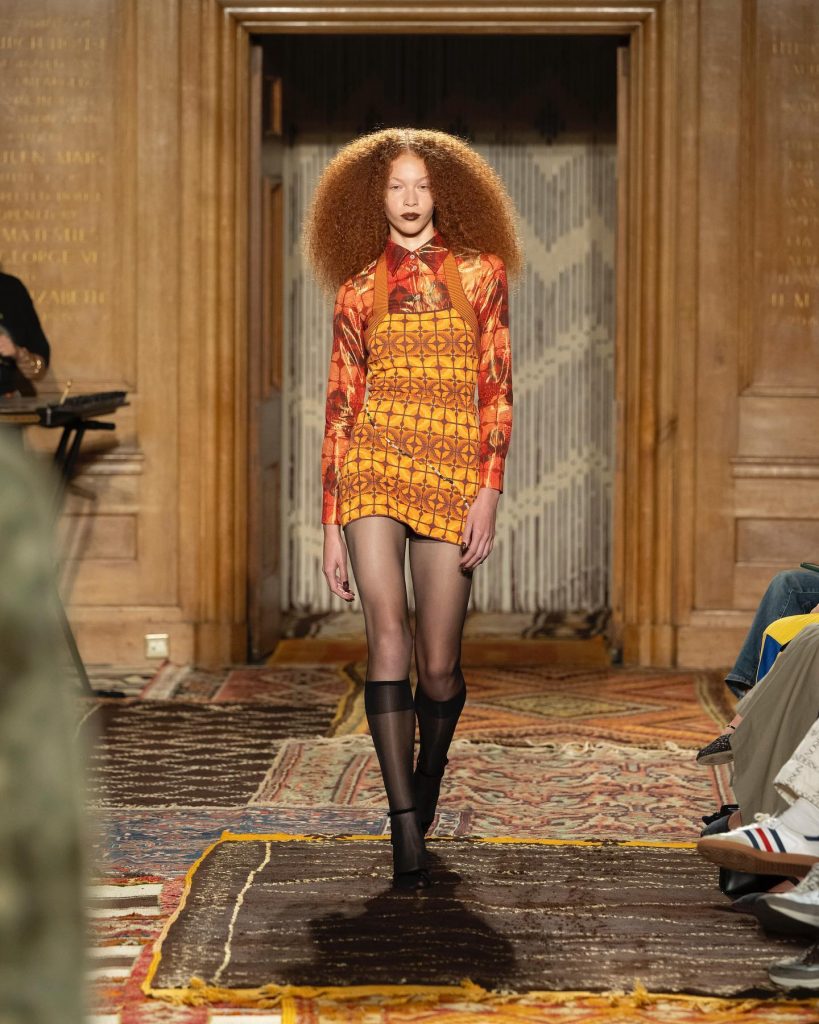
Priya Ahluwalia, the London-born Indian-Nigerian designer behind Ahluwalia Studio, hopes to fight the waste problem in the fashion industry by cooperating with SEWA Delhi. Her Spring/Summer 2019 graduating collection, which included trench coats, denim jackets, and old football jerseys, was made entirely of used apparel. Ahluwalia’s work has been shown at London Fashion Week, Vogue, and she has received honors, including an H&M Design Award. She is still researching ethical fashion approaches.
Lisa Folawiyo Studio
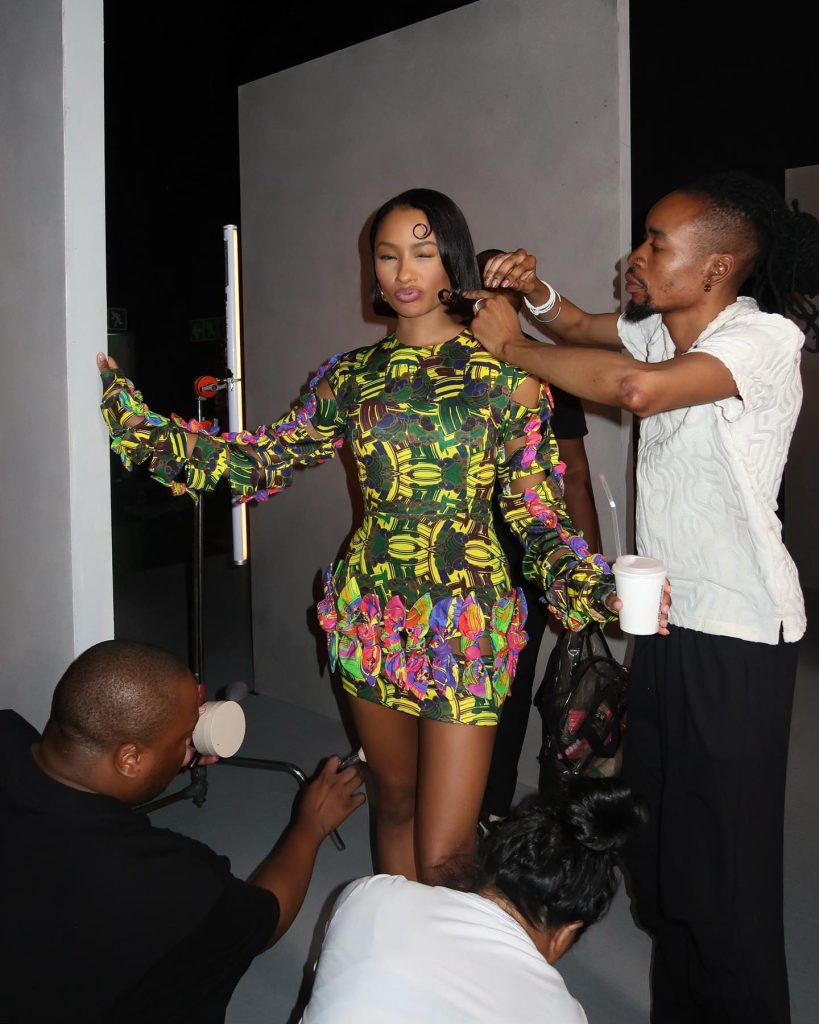
Using Ankara fabric, contemporary tailoring methods, and sequin trim, the Nigerian womenswear brand Lisa Folawiyo Studio invented African fashion. They collaborate with the Ethical Fashion Initiative, use materials made in the area, and incorporate beautiful beadwork into their designs.
BUKI AKOMOLAFE
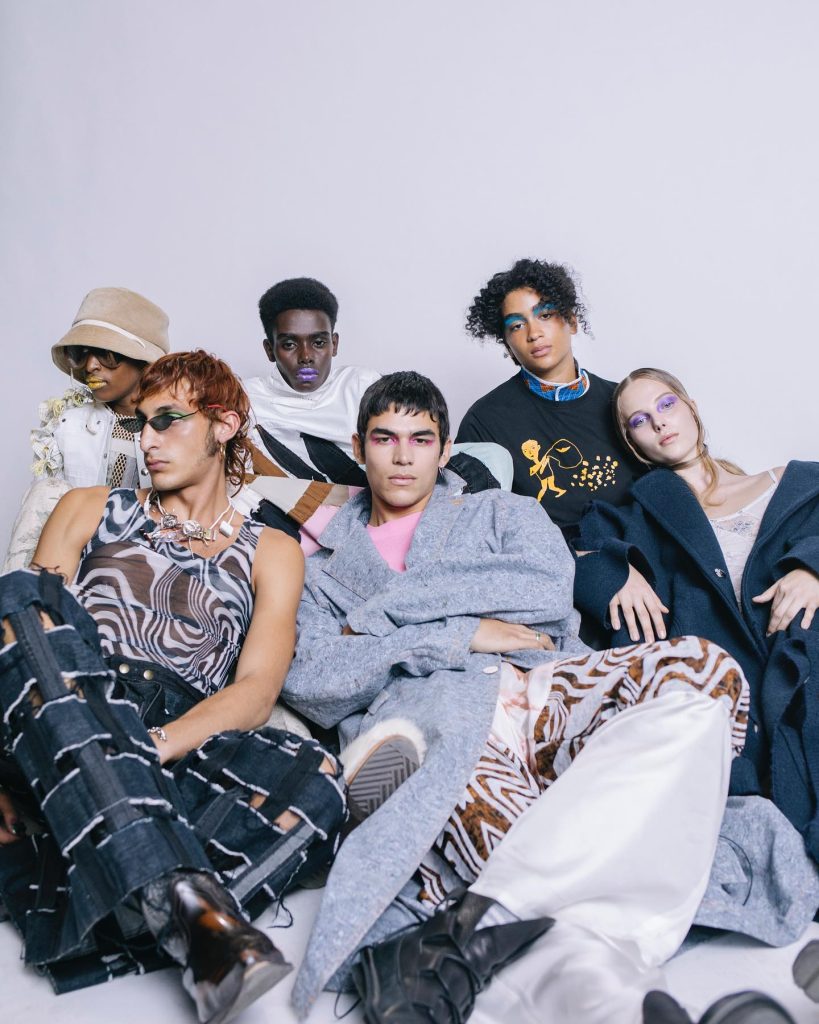
Berlin-based Buki Akomolafe’s contemporary women’s clothing line features androgyny, tailoring, and eco-friendly materials like certified cotton, organic Hemp-Silk, and African wax prints, contrasting Europe and Africa.
Wuman
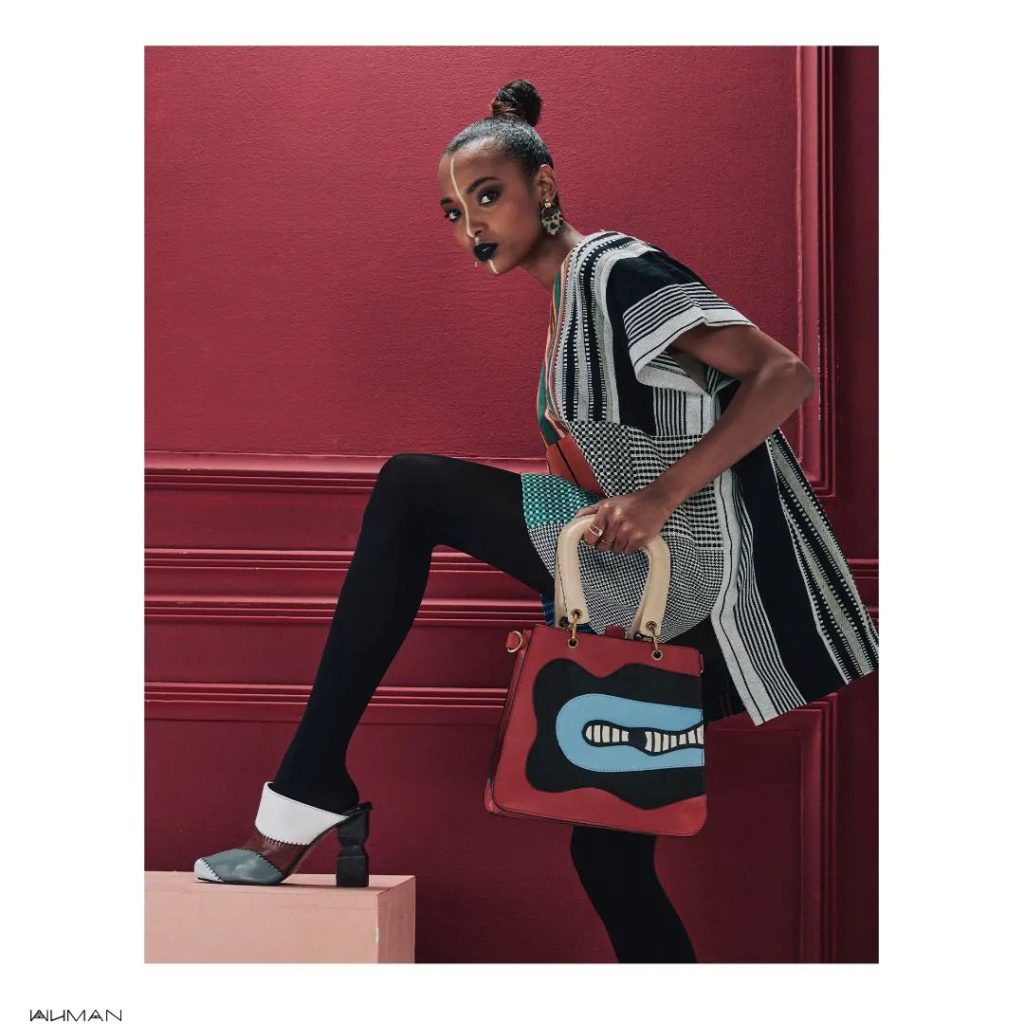
WUMAN, founded in 2013, is a contemporary African fashion-art brand inspired by the female form. The womenswear/menswear brand unifies culture, heritage, and African art with cross-disciplinary affinities to anatomy, poetry, and architecture. WUMAN’s garments are storytellers, created with grace and unique moments, aiming to engage the wearer and become a tool of change.
MAYAMIKO
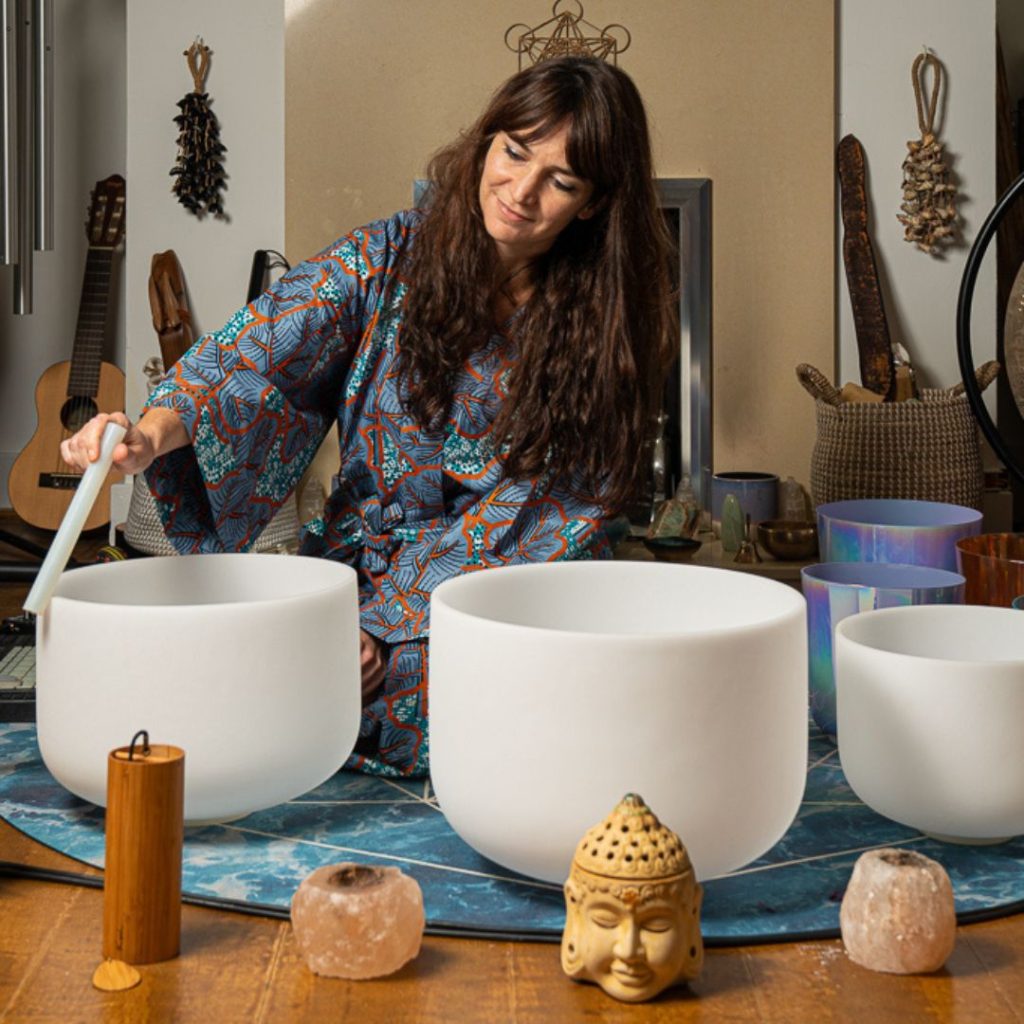
Mayamiko, an ethical, sustainable womenswear and lifestyle brand, is led by Paola Masperi and made in Malawi by artisans. It supports disadvantaged communities by nurturing creative talents and providing financial support.
NKWO
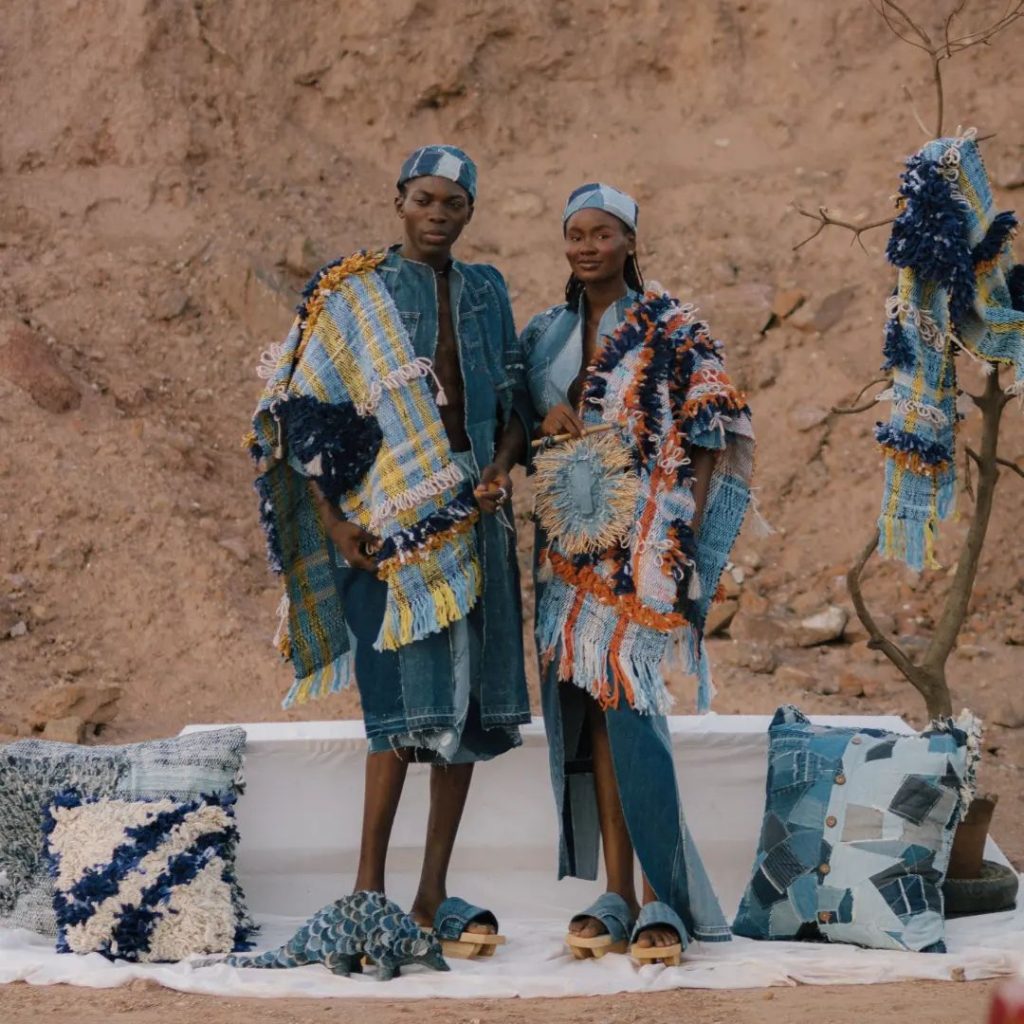
Nigerian fashion brand Nkwo Onwuka pioneers sustainable fashion movement, focusing on resource conservation and waste reduction through the invention of DAKALA CLOTH, a new African fabric.
SoleRebels
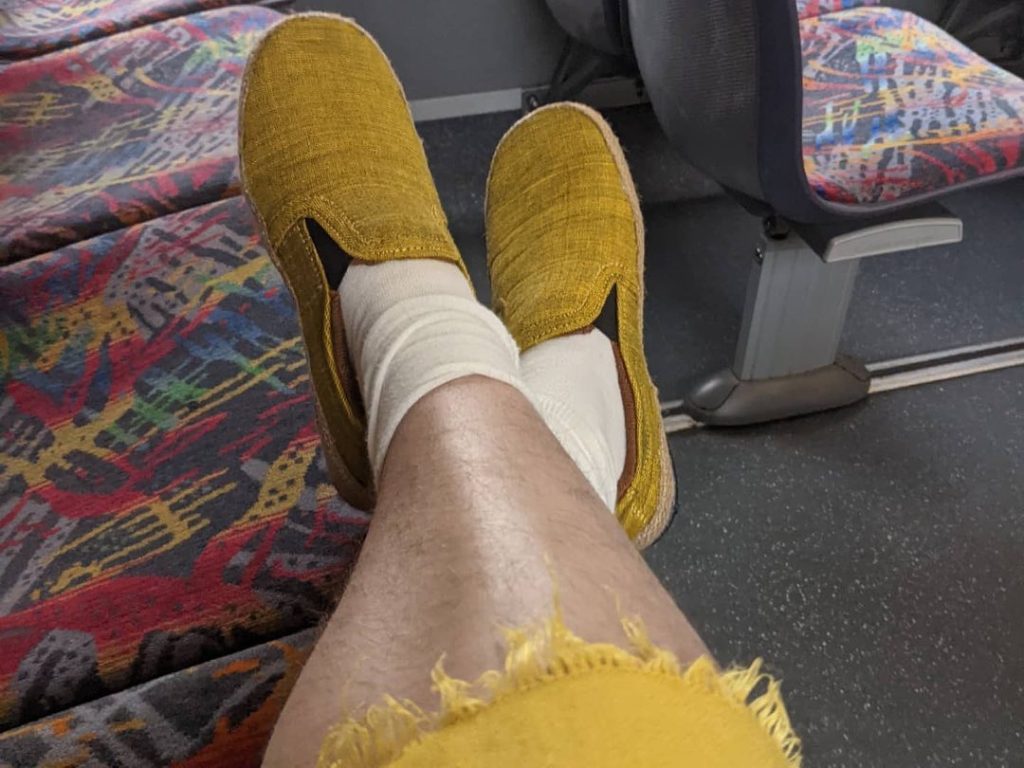
Bethlehem Tilahun Alemu founded Ethiopian footwear brand soleRebels in 2005, empowering her community and country through handcrafted, WFTO and FAIR TRADE certified products.
SUAVE KENYA
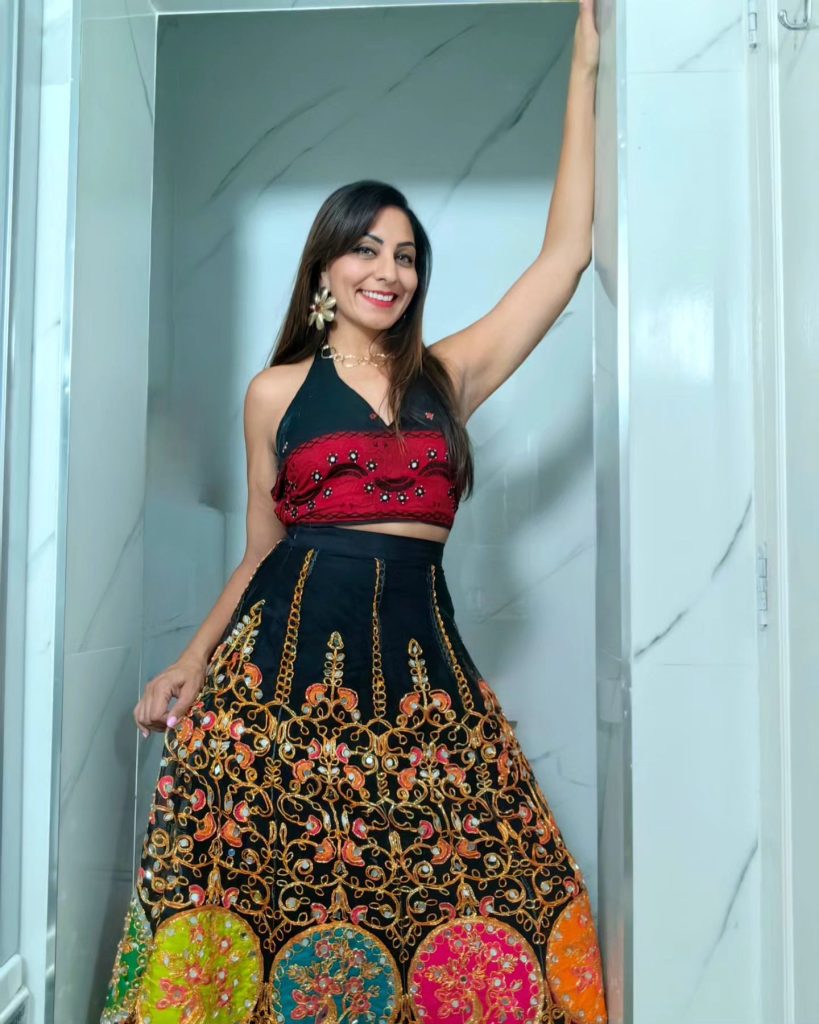
Suave Kenya, founded by Mohamed Awale in 2014, produces leather goods, backpacks, and accessories from kitenge and denim, using waste to create unique items for Nairobi travellers.
Allëdjo
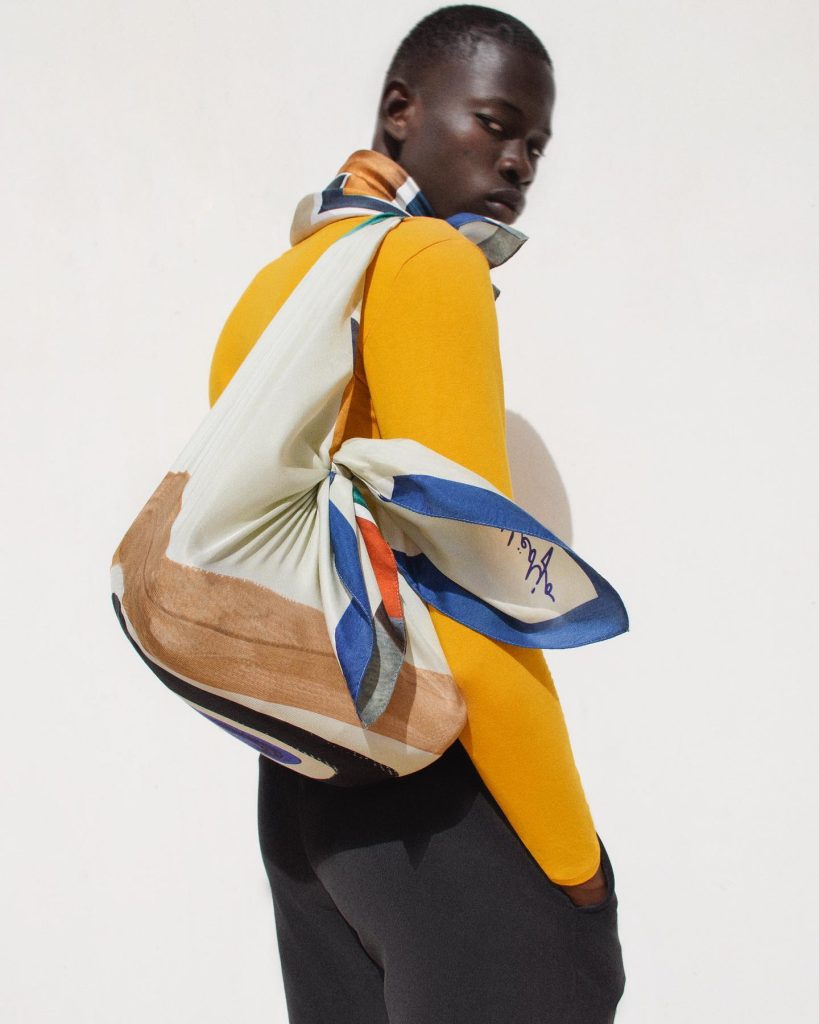
ALLËDJO clothing line, founded by Kassim Lassissi in 2017, combines travel and exquisite clothing with a colorful palette and free-flowing silhouettes. The brand embodies sustainability and cultural preservation, catering to the man and woman on the move.
OLOOH
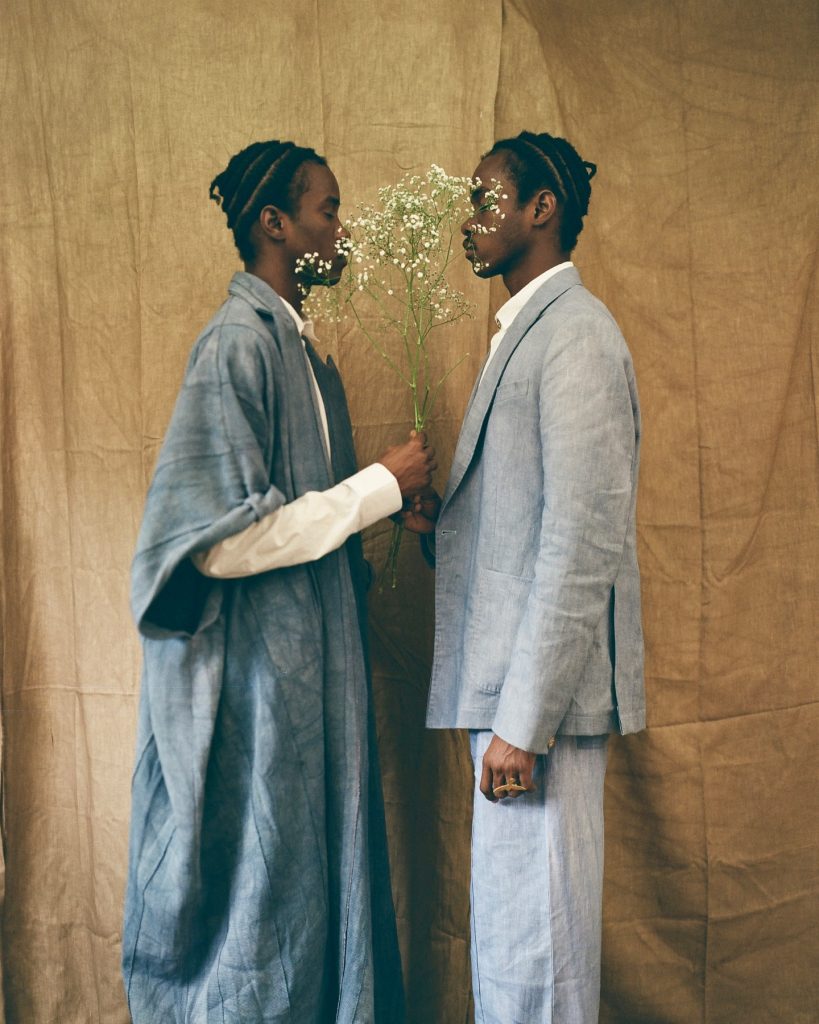
Founded by Kadar Diaby, OLOOH, a sustainable Ivorian menswear brand, pays homage to Ivorian artisans by employing female workers in Treichville to dye eco-linen. The brand also uses leather sandals and wicker hats from Abidjan. The name “Olooh” is derived from Senufo, a language influenced by Ivory Coast, Morocco, and West exposure.
OSEI-DURO
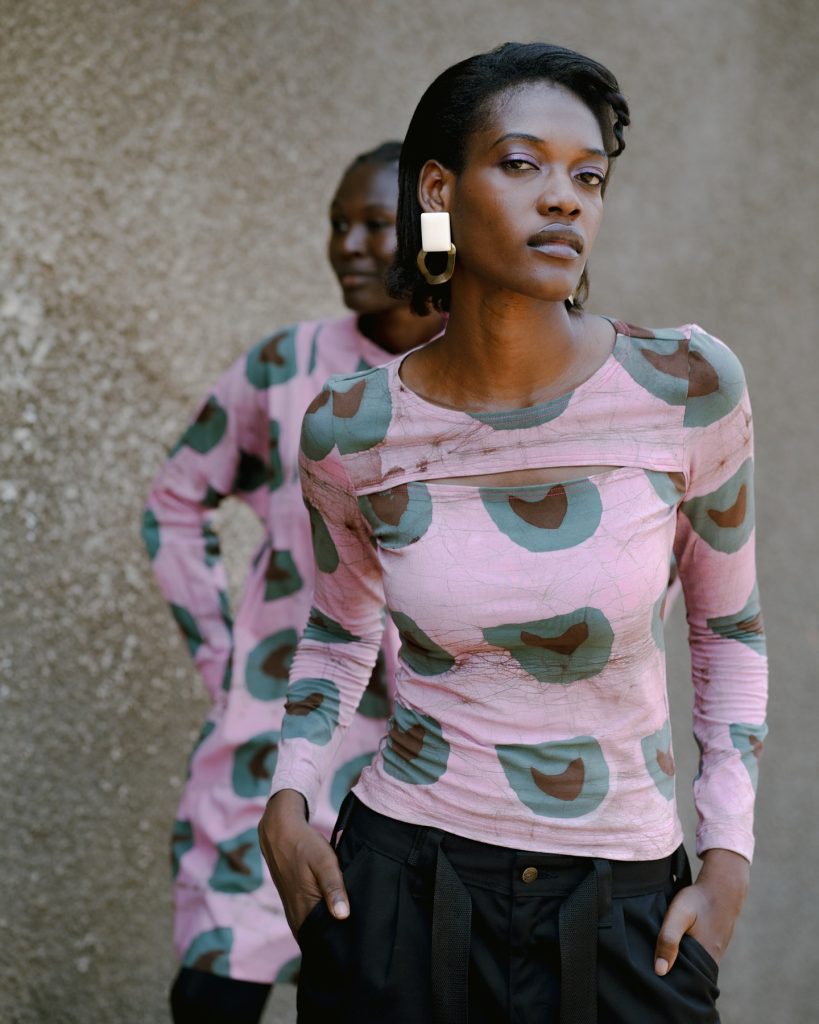
Osei-Duro, founded in 2011, specializes in hand-dyed, vintage-inspired pieces using West African batik, wood carving, botanical dyeing, block printing, and hand painting techniques.
REFORM STUDIO
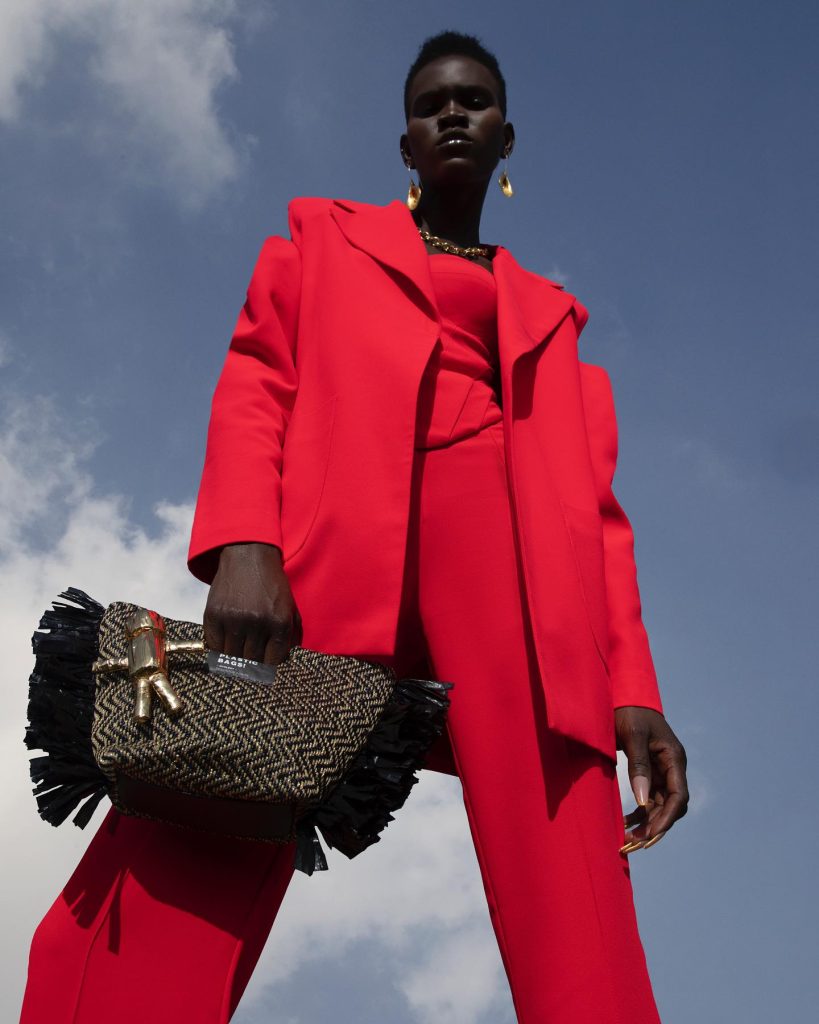
Reform Studio, co-founded by Hazem and HendRiad, uses Plastex, a discarded plastic bag material, to create fashions and furniture, addressing Egypt’s waste issue and employing impoverished women.
Nyosi
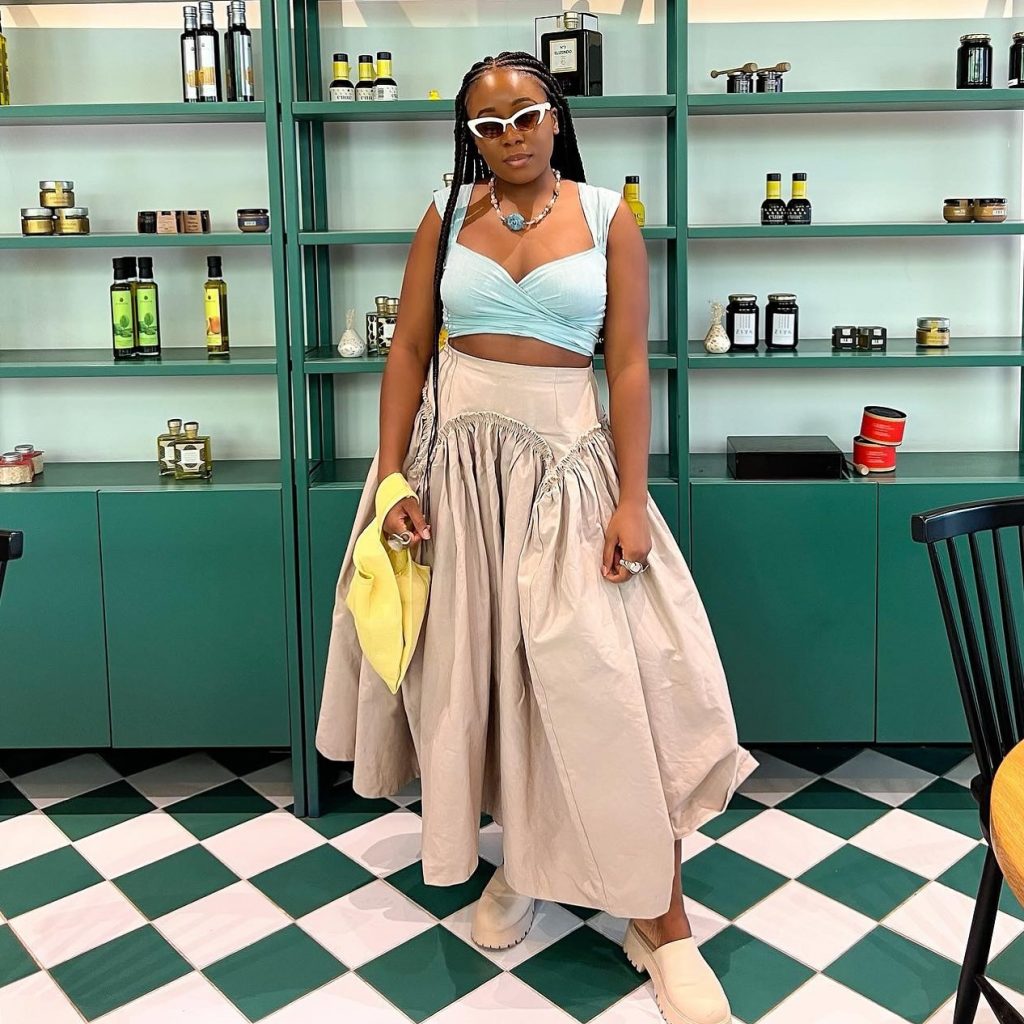
Nyosi, a Nigerian fashion brand, focuses on enhancing everyday women’s appearance with casual, stylish pieces using tie-dye materials.
MaXhosa
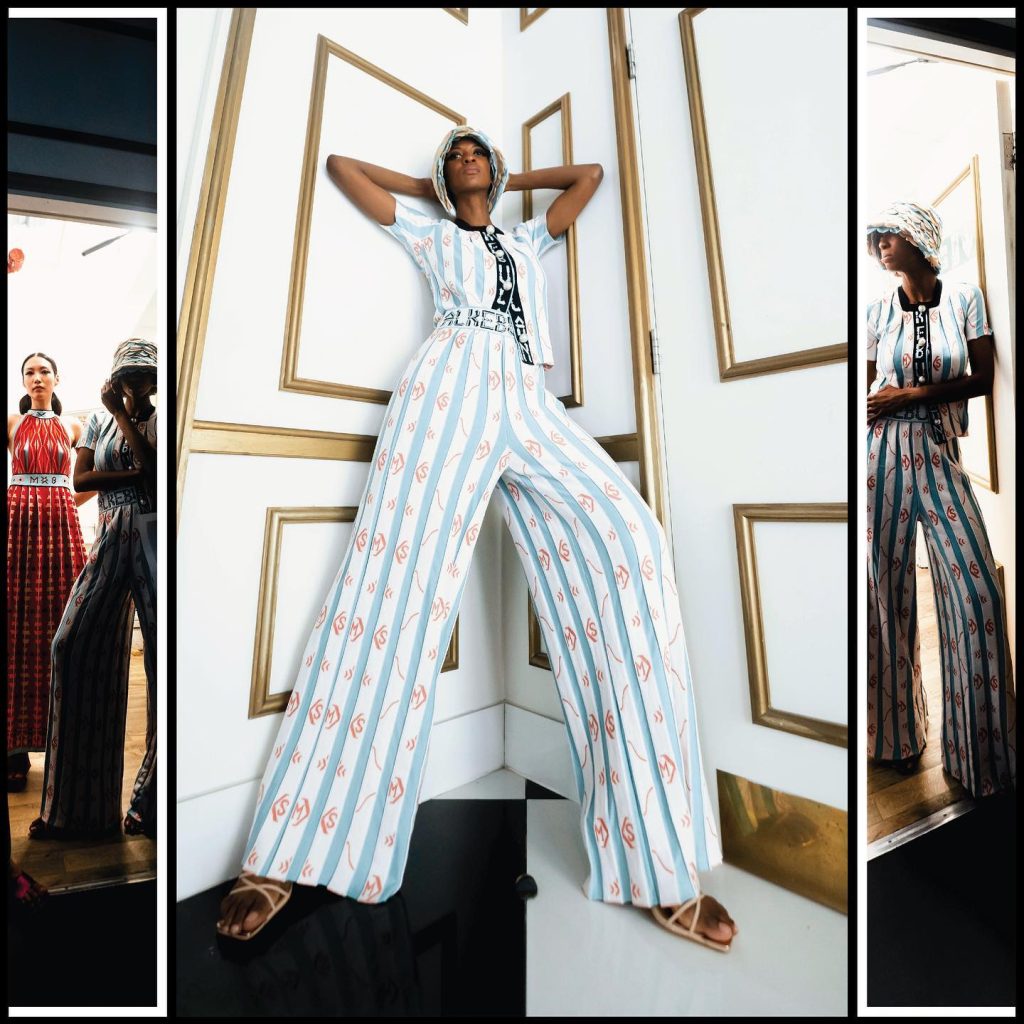
South African ethical knitwear brand, founded in 2010, reinterprets Xhosa beadwork, patterns, symbolism, and colors for modern designs while protecting the environment.
STUDIO 189
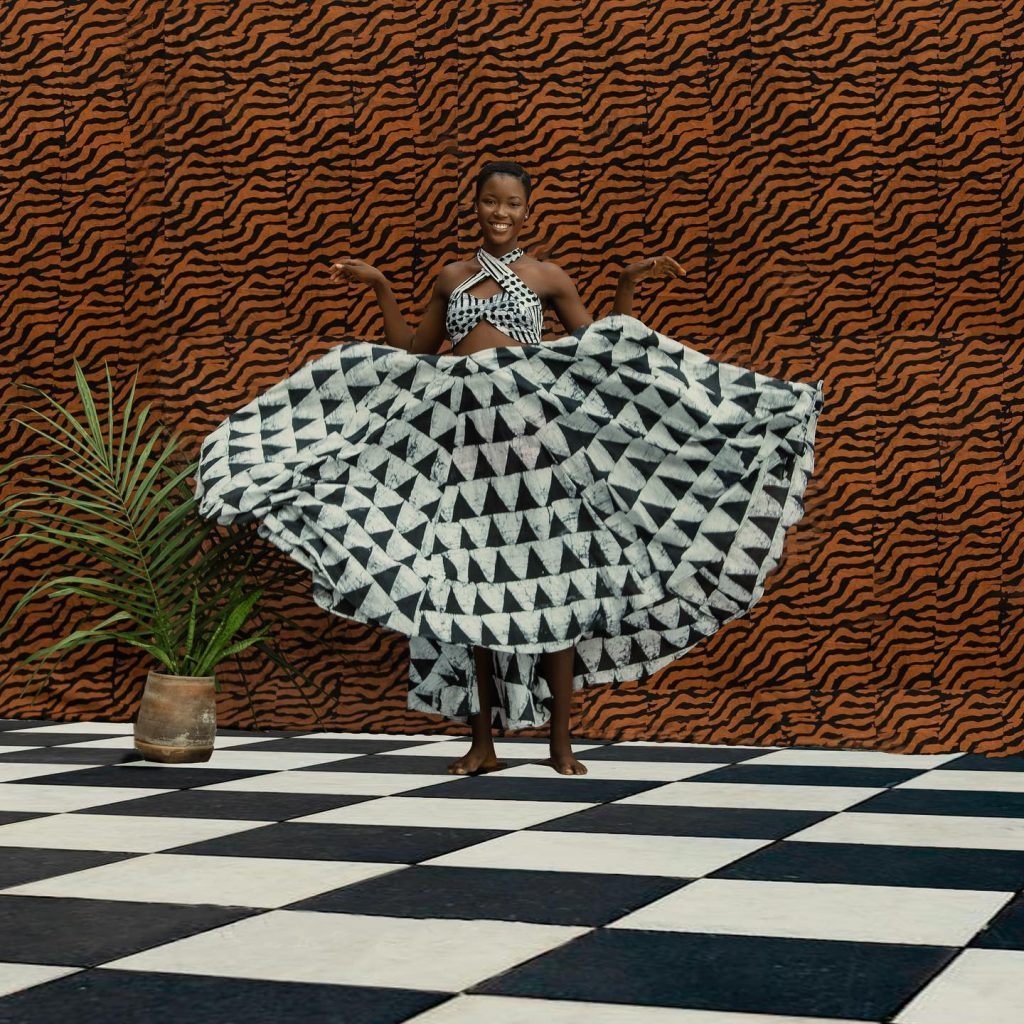
Accra-based fashion brand, founded by Dawson and Erwiah, produces African-inspired content and clothing, partnering with local artisanal communities for plant-based dye, hand-batik, and kente weaving.
Anfani
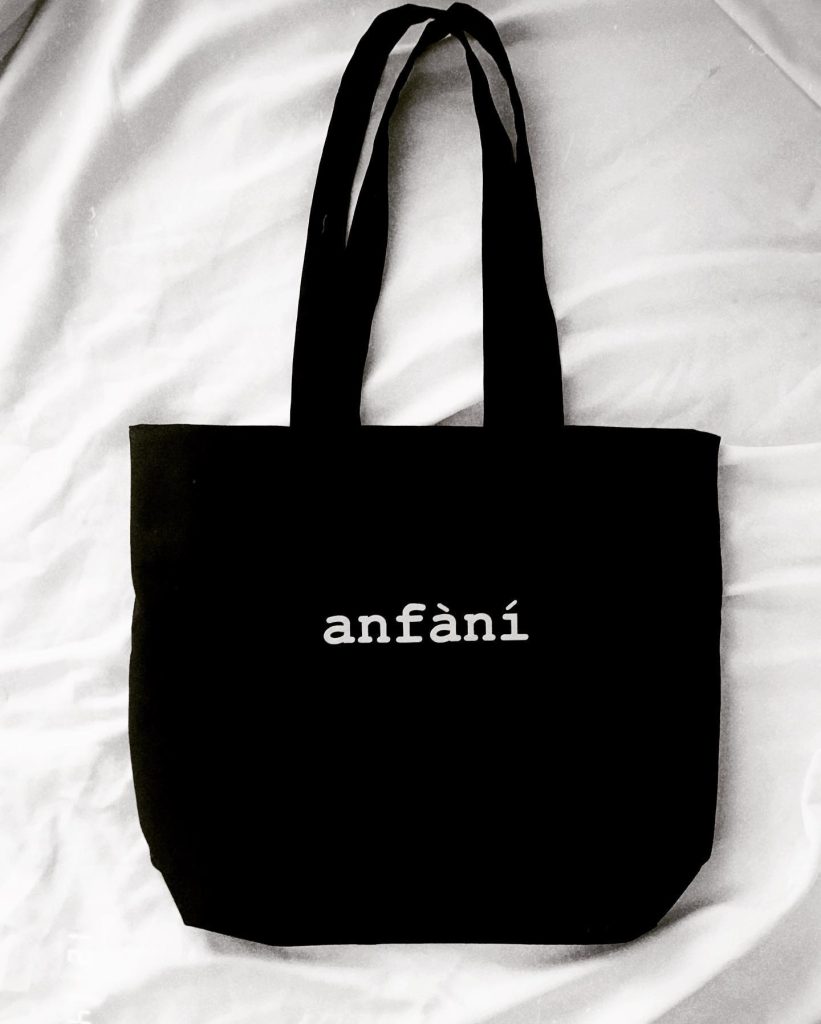
Anfani is a Lagos-based unisex contemporary clothing brand featuring tie-dye and Adire/batik accessories.
QUAZI DESIGN
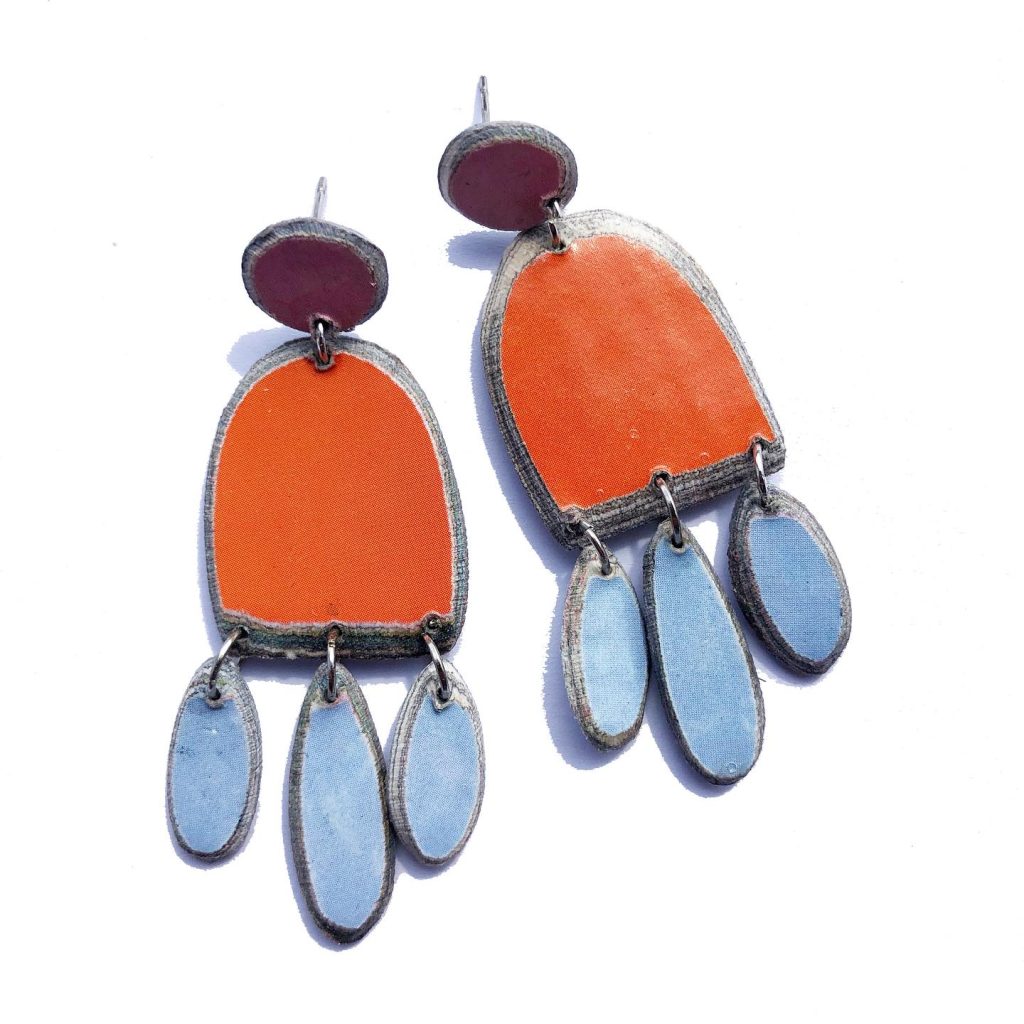
Quazi Design, a Swaziland-based brand launched in 2009, engages female craftsmen in Sidwashini to create handcrafted jewelry.
Lukhanyo Mdingi
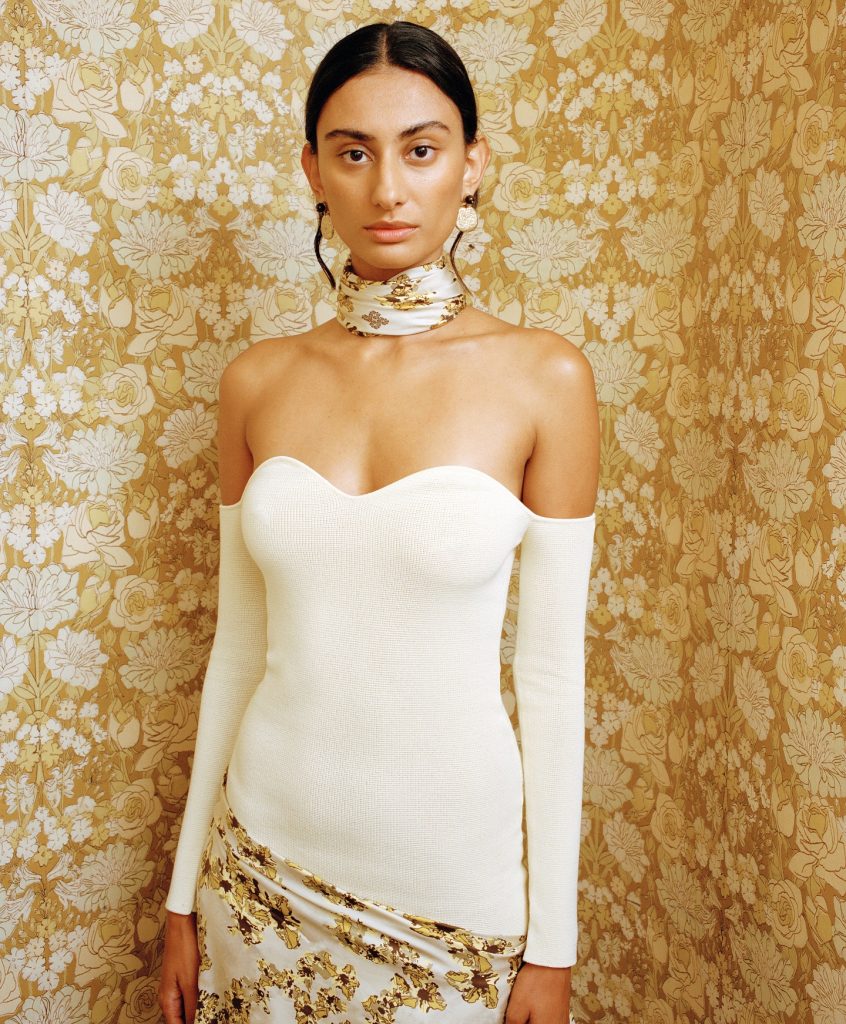
LUKHANYO MDINGI, founded in 2015, focuses on sincere design and collaboration, resulting in meticulously made pieces. The label aims for a pragmatic and mindful approach, focusing on human ingenuity for honest, steady, and strong designs.
ARTESAN
Anne-Lise Fotso collaborates with Cameroonian female artisans to create ARTESAN, a handmade clothing brand combining African traditional beadwork and high-fashion. The capsule collection features repurposed army jackets and workwear with embroidered beading, aiming to bridge the gap between African makers and consumers.
